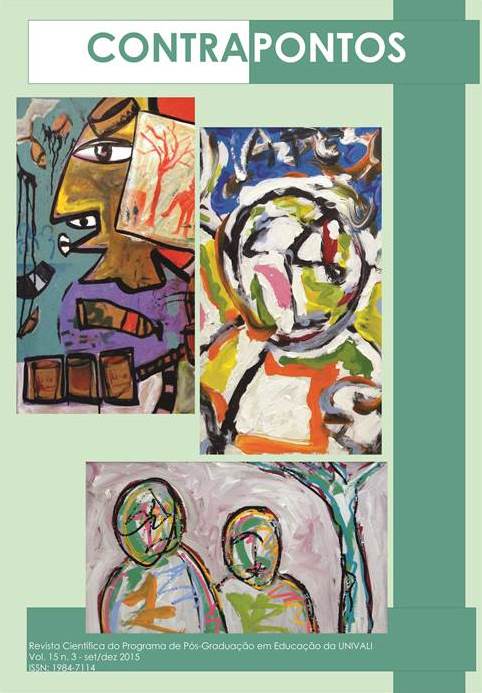THE PRACTICE OF AN FFL TEACHER WHO SUFFERS FROM VOICE AND HEARING PROBLEMS
Published date: 17/11/2015

This article discusses the “practice” (F. Cicurel: 2011) of a teacher who suffers from a pathological voice disorder. After medical treatment, the organs that produce voice (the vocal cords, pharynx, oral and nasal cavities) were affected, as well as the ear (the main hearing organ). Cicurel F. (2011: 86) states that concerning learning, the teacher’s discourse is a “parole en action” that contributes to the transmission of knowledge and to a “savoir-dire”. It is also a multimodal discourse in that the verbal message can be communicated thanks to the “voice tool” (M. Moustapha-Sabeur & J. Aguilar Rio(2014)) and the “pedagogical gesture” (M. Tellier 2008 : 41). According to Mr. Mustapha Sabeur (2014th b), the voice and the gesture “are two tools that teachers use to conduct their courses appropriately, and two indices on which the students are supported to maintain or alter their responses.” What does a teacher of a foreign language do if his voice suffer not from the temporary disorders related to his profession as a teacher, but from a permanent disorder that affects his pronunciation? Bouvet and M. D. Morel (2002) analyzed the dialogs, jointly considering marks of gesture, posture, mimicry and intonation. Our study presents a different context (an FFL class) and a special case in which the speech lost its intonative dimension. If we assume that the pathological voice disorder hinders the learning of a foreign language, how should the teacher act; what is the “bodily dimension [his] of his word” (D. Bouvet 2001), and what will be the primary motivations of his actions? It is not just a question of transmitting knowledge; the image of the teacher; his identity as a teacher is, to some extent, determined by his voice. This article aims not to observe the impacts of the pathological voice disorder on the language learning, but to highlight the particular aspects that the teacher focuses on when conducting the course. Based on a transcription of the sequences of a course in French as a foreign language, which was filmed, and a self-confrontation interview (SCI), this article seeks to highlight the motivations of a teacher who suffers from both voice and hearing problems in his teaching practice.






